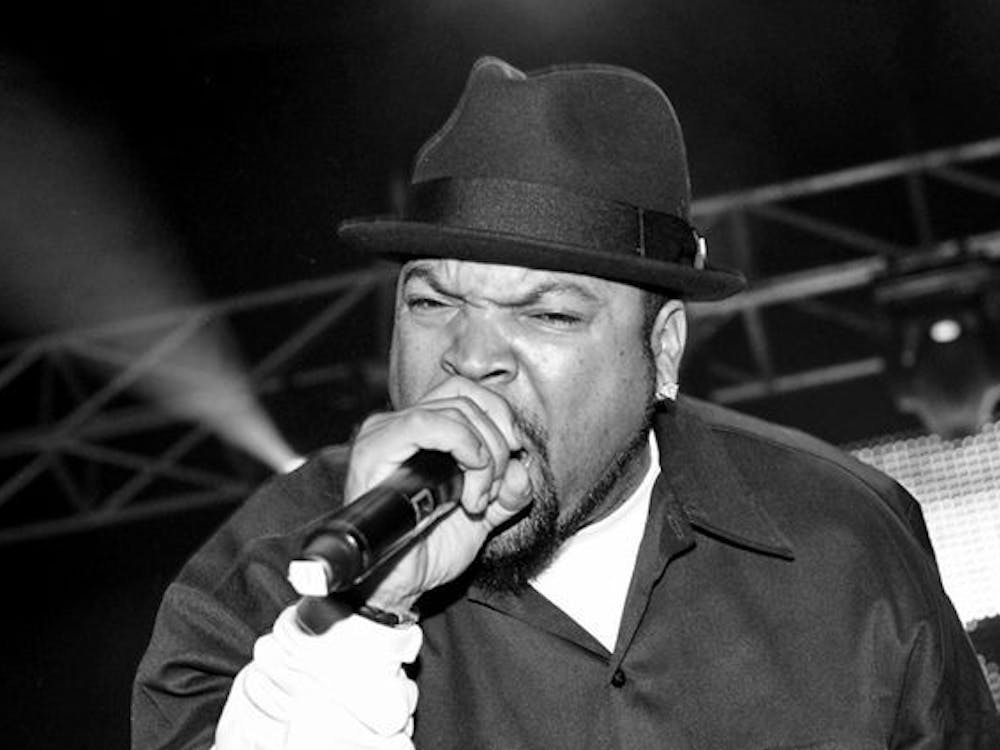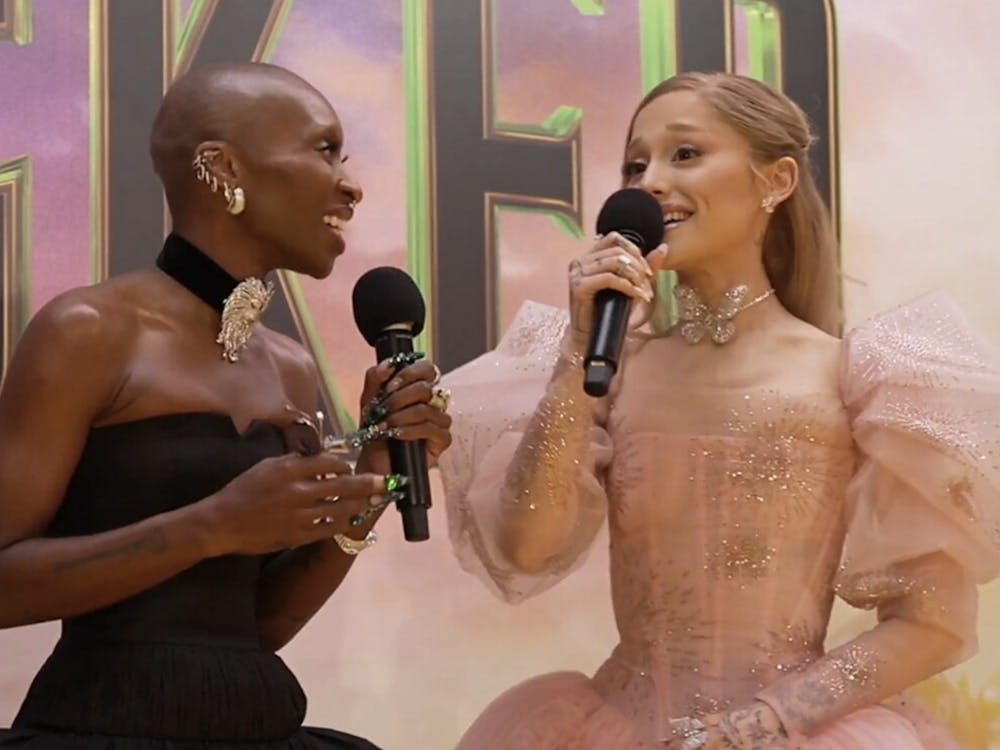Psychedelic music has come a long way since its origins in the ‘60s. In the present day, more and more artists have infused psychedelia into other genres such as hip-hop or pop, creating the same state of trance once captured by artists such as the Beatles or Steely Dan but in different ways that may not fully be considered psychedelic. On his sophomore effort “Raw Honey,” released April 19, Michael Collins — aka Drugdealer — returns with a blast of modern pop and classic psychedelia that resembles a tribute to the past.
In the press release for the new record, Drugdealer stated that it is “more of a collective than a band,” though the album still comes across as a single artistic vision. Collins follows the same path that his 2016 debut “The End of Comedy” developed, incorporating many different musicians and vocalists such as Benjamin Schwab and Natalie Mering of Weyes Blood and country musician Dougie Poole. As a result, the album uses its baseline psychedelia to pursue a number of successful variations on older styles. The album approaches feelings of isolation and anxiety — topics frequently covered by contemporary artists — with a refreshing sense of nostalgia.
Collins started his music career in 2009 having never played an instrument. He initially began creating music by piecing trancy psychedelic samples together. Collins moved on to create his own psychedelic pop projects under various monikers such as “Run DMT” and “Salvia Plath,” which were likely taken less seriously due to the ridiculous artist names. Through this unique musical background, however, Collins developed an exceptional understanding of creating an atmospheric experience for his listeners. In his newest release under the title Drugdealer, Collins uses an old-school songwriting approach to create a modern-day rendition of ‘60s and ‘70s hits. “Raw Honey” also includes invigorating harmonies and floating acoustics which make the album feel like any great psychedelic effort from the past.
On the heavy yet playful 9-song LP, Drugdealer captures sounds from previous eras with unique instrumentation and vocals. Some of the songs dive into a deeper emotional space, such as “Honey,” which features Natalie Mering’s comforting vocals, or the Beatles-esque “Lost In My Dream.” They are highlights of the album, creating a tenderness that is quite soothing and pleasurable. “If You Don’t Know Now, You Never Will” also highlights the underlying Beatles theme on this record, using piano chords and classic songwriting to create a modern ‘60s love song.
The equally fun soft-rock ballads featured on some tracks reiterate the influences that flow through the album. “Fools” has groovy guitar riffs and saxophone hooks effectively accompany them. With songwriting done by Harley Hill-Richmond of Harley and the Hummingbirds, “Lonely” is just as catchy and prevents the first half of the album from being too melancholic. The most notable track on this album is arguably “Wild Motion,” which combines Dougie Poole’s vocals with a dense layering of acoustic guitars. The result is a luscious and delectable sound reminiscent of Roy Orbison.
While “The End of Comedy” felt a bit convoluted — some tracks linger for too long and collaborators are thrown together, sometimes unsuccessfully — “Raw Honey” is finely polished. The sophomore album consists of both carefree bliss and real-feeling moments of emotion in a more fulfilling way. Though it is certainly a fun record that is rich in nostalgia, “Raw Honey” leans on its old-school influences in a way that’s almost overwhelming. Although it is an inspiring track, “Lost In My Dream” practically resembles a knock-off Beatles song. Meanwhile, “If You Don’t Know Now, You Never Will” could be mistaken for a dozen love songs from the ‘60s. While the retro charm is immediately appetizing, this album could be worn out easily.
Nevertheless, “Raw Honey” is a catchy pop record which openly celebrates its rock influences for a delightful listen. It has wonderfully nostalgic instrumentation and a modern-day production to support it as well as thought-provoking lyricism. With its jangling melodies and eminent nostalgia, “Raw Honey” simulates that lazy summer day we all look back at and appreciate.





